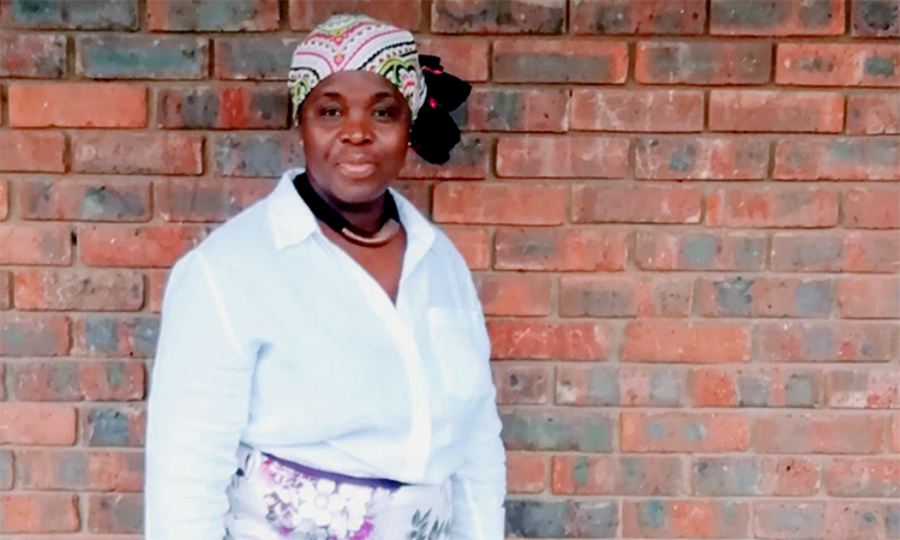We are Cally: Gladys

Gladys Cobbina-Agyemang is the founder and leader of the Black Women’s Link Project – one of many initiatives being funded through the We Are Cally Resident Grants scheme. She tells us how her work supports women of colour in the Cally to tackle loneliness and social isolation.
Tell us about your background. What brought you to the Cally?
I am a mother of two and a grandmother of three. For the past 30 years, I have lived in the Bemerton Estate on Caledonian Road. I have also worked in Islington. I am originally from Ghana, West Africa. While growing up there, I was living in a city called Kumasi. In the early 1990s, I migrated to London to seek a better life for my children and myself.
Tell us about the project you’re developing.
My project is the Black Women’s Link Project (BWLP). This project is unique in its focus on supporting Black women who are facing the crippling and deeply stigmatising experience of loneliness and isolation. We want to help challenge these issues in our community and, in particular, help educate Black women who live in the Cally.
Why is the BWLP needed?
Within the community there are many Black women, including myself, who have found it hard to access to the right community resources and support. Without this help, we are much more likely to experience loneliness. This can be because of family issues, discrimination, communication problems, bereavement or many things.
Where I come from in Ghana, each day consists of welcoming smiles and everyone cares for one another. However, when I migrated to the UK, I found that things are completely different here. There is a general lack of friendship and support and no one checks in on their neighbours. These are all things that were difficult to get used to. The British way of life is to live a lot in virtual social isolation and loneliness is part of everyday life for a lot of people. London was not and still is not the friendliest place to be. People are reluctant to talk to each other and it seems there is a preference to enjoy one’s personal space. The recent pandemic has worsened the situation.
How does the BWLP help tackle these issues?
Our group will help local Black women become less lonely and isolated by holding engaging activities: from motivating and knowledge-sharing sessions with guest speakers, to weekly face-to-face social gatherings, to arranging outings and power walks. Born during the pandemic, BWLP has been running fortnightly topical, storytelling sessions via Zoom, covering a number of issues. For example, we talked about the pressure of ‘being a strong black woman’ and how it harms health; the idea of ‘superwoman syndrome’, suffering in silence and how it affects us emotionally and leads to loneliness.
The feeling of being included, safe, and able to join in community activities helps people feel a lot less lonely. To have no close family living nearby, not really meeting with other people, and migrating to a new country can cause such a culture shock. These issues can make anyone feel alone.
What do you like about living in the Cally area?
What I like about living in the Cally is mainly to do with the cultural activities. It is an area where you can easily access transport, buses, trains, schools, hospitals, local libraries, supermarkets, local markets such as Chapel Street market, shops, restaurants, and much more. There are places like the cinemas and a number of theatres like the Sadler’s Wells Theatre and Anna Scher Theatre Acting classes. Other venues such as the O2 Academy Islington allow visitors from around the country to visit the area. Even though the area has had a bad reputation, my children grew up in the Cally area and did not experience any problems. They had happy childhoods here.
If you’re a Black woman living in Cally and would like more information about the project, please contact Gladys via email: Blackwomenslinkproject@gmail.com
The We Are Cally Residents Grant scheme is part of the We Are Cally Community Fund. The fund will allow voluntary sector organisations, council services and resident groups to test ideas that respond to local needs and make a positive change in the area. Visit the Council website to find out more about the grant and to apply.
